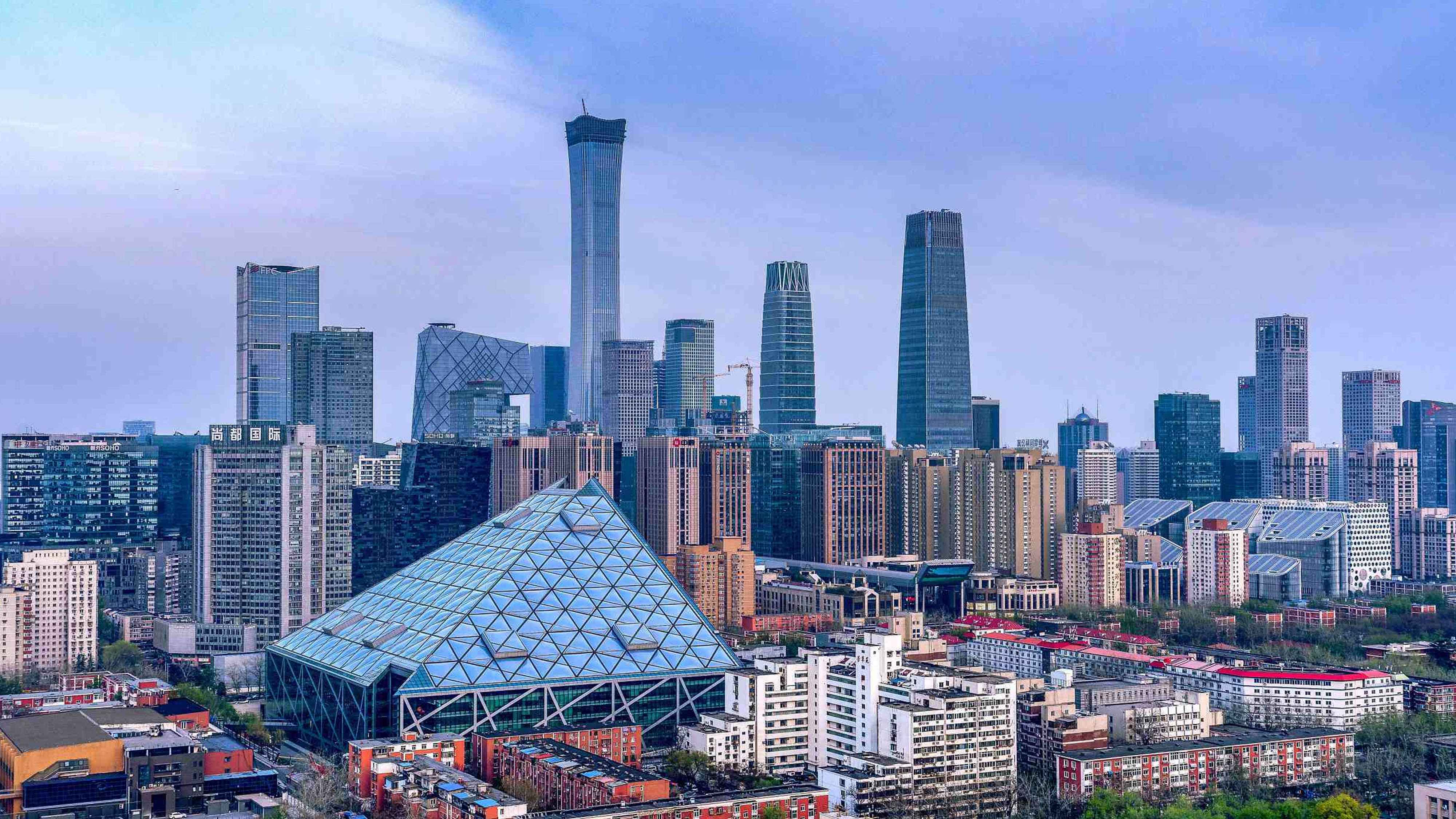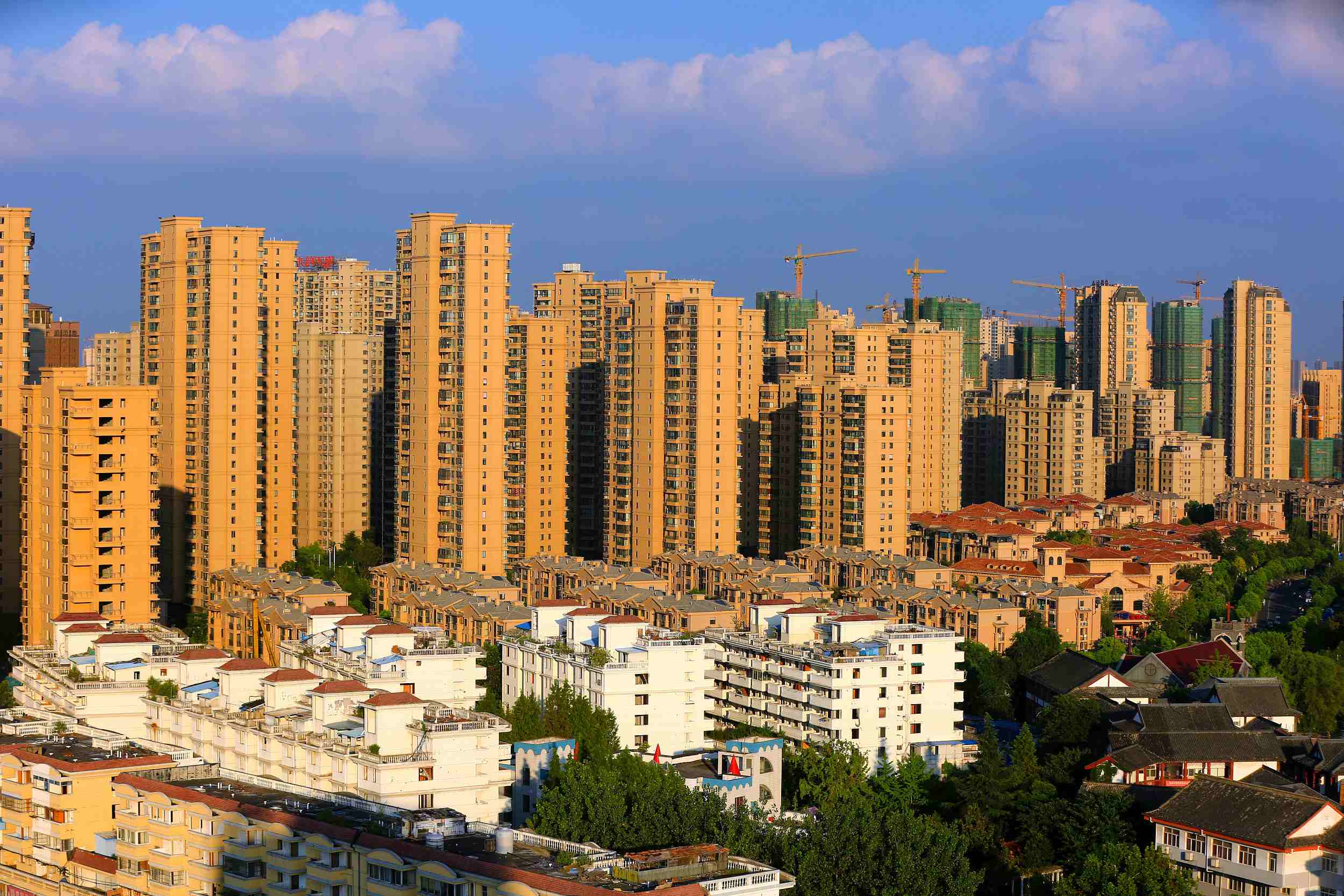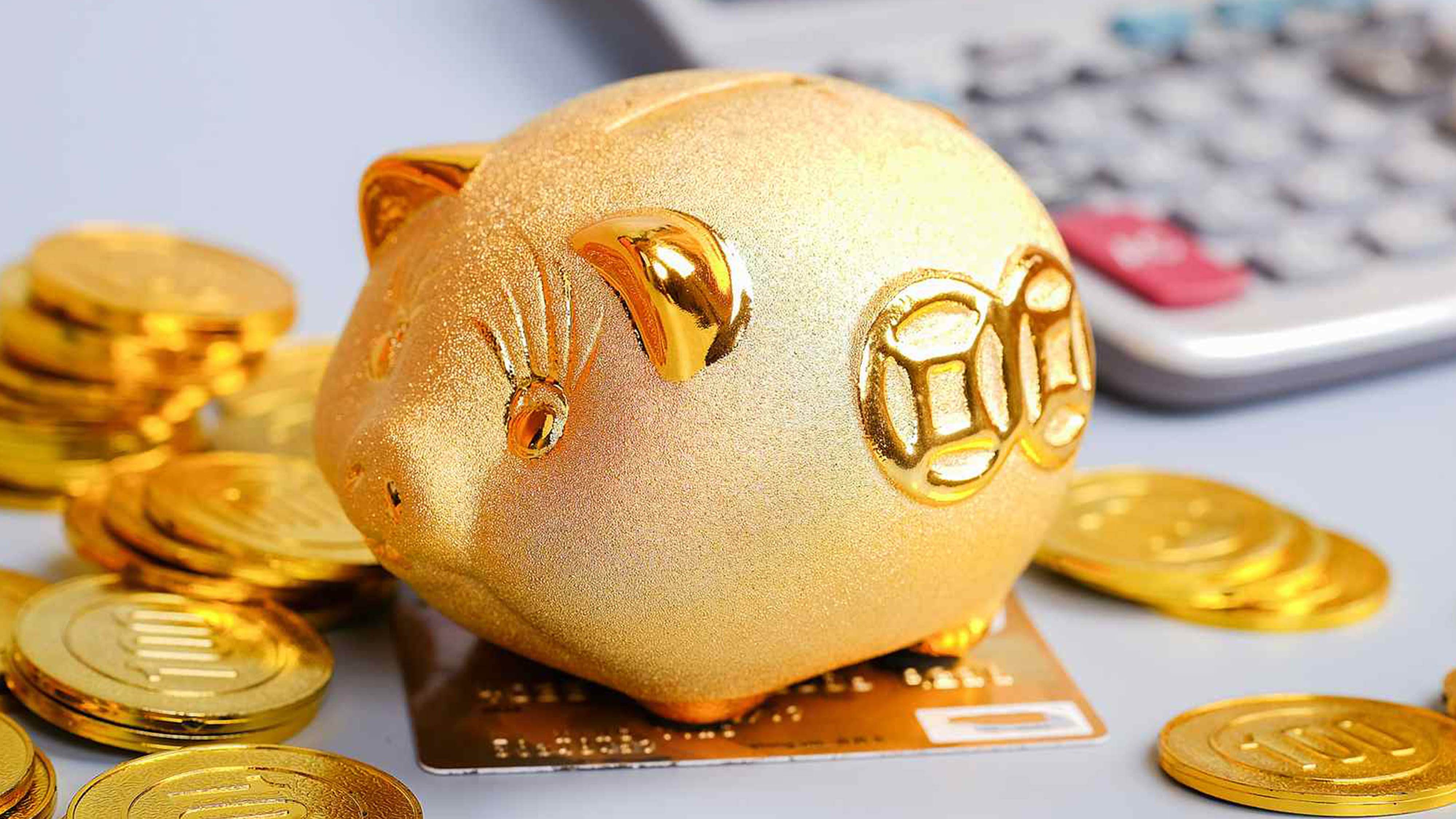
Business
14:13, 14-Aug-2018
July industrial output growth steady, fixed asset investment sees slight shrink in China
Updated
13:23, 17-Aug-2018
By CGTN’s Du Zhongyan
02:06

Fresh numbers are out to gauge the strength of the Chinese economy in July. Data from China's National Bureau of Statistics (NBS) shows economic activity moderated last month.
China's industrial output expanded six percent year-on-year in July, a growth rate level with that of June.
In the first seven months of the year, industrial output increased 6.6 percent year on year, 0.1 percentage point lower than the January-June period, according to the NBS. On a month-by-month basis, industrial output in July increased 0.48 percent from June.
Industrial output, officially called industrial value added, is used to measure the activity of designated large enterprises with annual turnovers of at least 20 million yuan (about 2.9 million US dollars).
Meanwhile, fixed asset investment in July cooled down a little while the private sector recovered due to supply side reforms gathering pace. Fixed asset investment went up 5.5 percent to 35.6 trillion yuan (around 5.17 trillion US dollars), down 0.5 percent on an annual basis. Analysts say the drop is largely due to a slump in infrastructure spending, which pulled-back from double-digit growth rates during the same time last year.
“Local governments have tightened regulations over infrastructure projects since the start of this year. The bar has also been raised for some public-private partnership programs, especially in environmental protection standards. This all contributed to the decline in July's data,” said Liu Aihua, spokesperson for the NBS.
Fixed asset investment in the private sector gained 8.8 percent during the period, up 0.4 percentage points compared to the previous month.

VCG Photo
VCG Photo
Private investment accounts for about 60 percent of overall investment in China. Property development investment expanded 10.2 percent year-on-year for January-July, according to the NBS.
Investment growth had been expected to remain at six percent in the first seven months of the year, in line with the pace in January-June.
Data also shows China's retail sales rose 8.8 percent in July from a year earlier, down from 9.0 percent in June. Some economists attributed the fall to import tax adjustment. They also said shopping festivals by e-commerce companies also caused some short-term data distortions.
In the first seven months of this year, retail sales expanded 9.3 percent year on year to reach 21 trillion yuan (about 3 trillion US dollars), compared with 9.4-percent growth in the first half.
01:44

“The average growth rate of the retail sector from January to July was 9.3 percent, a relatively high level. And China is committed to expanding its consumer markets and keeping pushing for restructuring in the consumption sector in the mid-to-long-term,” Liu noted.
Retail sales in rural areas increased 10.4 percent year on year in the first seven months, continuing to outpace growth in urban regions, where sales rose 9.1 percent, according to the NBS.
As the country is still on its deleveraging process, the slowing growth rate should not cause too many concerns, according to Chen Jiahe, chief strategist for Cinda Securities. Chen said that the deleveraging may affect economic performances in the short term, but will grant more stability to the long-term growth of China’s economy.
In the meantime, Chen explained that China is transiting from an investment-driven economy to the consumption-driven one, which resulted in the slowing down of investment growth. But it’s good for economy’s long-term potential, Chen told CGTN.
Despite the lackluster performance in investment and retail sales, there are several encouraging spots in the data. Cosmetic production and tele-communication continue to expand at fast-than-expected pace, with both registering double digit growth.
Chinese consumers are also spending more on entertainment in July. Official data shows China's box office last month recorded a 38-percent increase from a year ago. That's 90 percent up from June.
While some economists say trade row with the US would have limited impact on China's overall economy. Others concern that a protracted battle could produce a sharper Chinese slowdown than expected.

SITEMAP
Copyright © 2018 CGTN. Beijing ICP prepared NO.16065310-3
Copyright © 2018 CGTN. Beijing ICP prepared NO.16065310-3